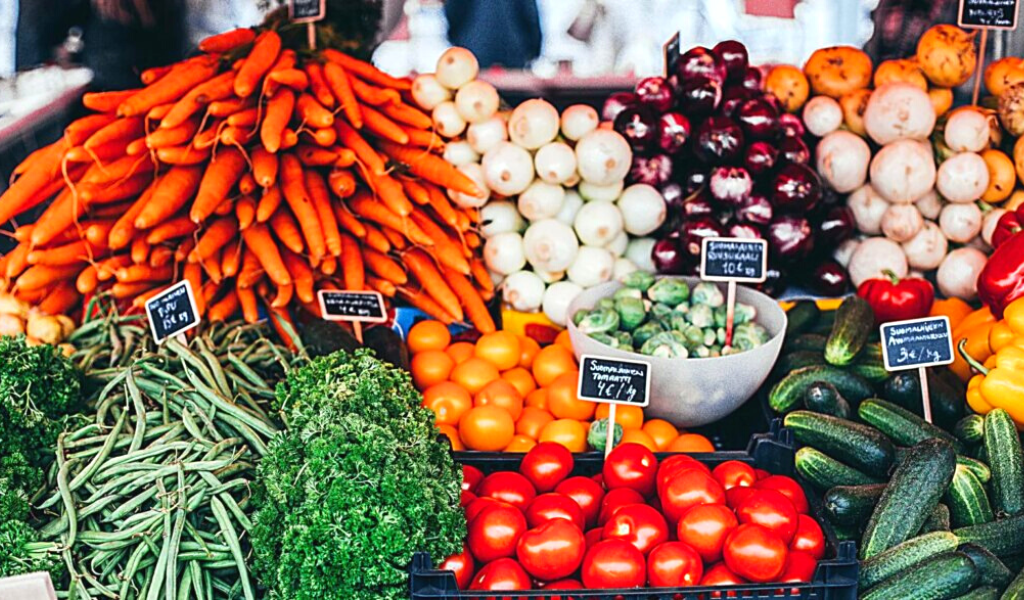
It’s World Food Safety Day! Let’s Do Our Part to Ensure We Don’t Harm our Health.
Every year, one out of every ten people in the world is infected with a foodborne disease. There are over 200 of these diseases, some of which are mild but can be fatal. World Food Safety Day was established by the United Nations General Assembly in 2018 to raise awareness of this critical issue. In collaboration with Member States and other stakeholders, WHO and the Food and Agriculture Organization of the United Nations (FAO) facilitate the commemoration of World Food Safety Day.
"Safer food, better health," this year's theme, emphasizes the importance of safe, nutritious food in ensuring human health and well-being, and calls for a set of specific actions to make food safer. We all have a role to play in food safety, whether we grow, process, transport, store, sell, buy, prepare, or serve food. We can all contribute to safer food for better health if we work together.
Governments, producers, and consumers all share responsibility for food safety. From farm to table, everyone has a part to play in ensuring that the food we eat is safe and won't harm our health. WHO continues its efforts to mainstream food safety in the public agenda and reduce the global burden of foodborne diseases through World Food Safety Day.
Food security, nutrition, and food safety are all intertwined. Unsafe food feeds a vicious cycle of disease and malnutrition that disproportionately affects infants, children, the elderly, and the sick. A safe food supply not only contributes to food and nutrition security, but it also supports national economies, trade, and tourism, all of which contribute to long-term development.
Food safety is impacted by globalization of food trade, a growing global population, climate change, and rapidly changing food systems. WHO wants to improve global and national capacity to prevent, detect, and respond to public health threats posed by unsafe food.
All Pictures From who.int